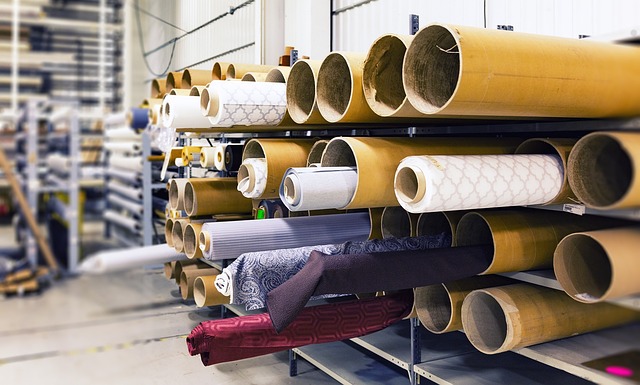We all know that the manufacturing industry is a dynamic sector of the economy, constantly evolving, changing to meet the growing demands of today’s market. It is therefore difficult to imagine a large or medium-sized company functioning without a well-tailored system for planning production and managing internal processes. The most commonly implemented system in the manufacturing industry is ERP (Enterprise Resource Planning). Why?
Process automation as a basis
Every year, the manufacturing industry is becoming more and more interested in the use of advanced IT technologies. An important trend that has been going on for years is the automation of all repetitive processes. A good boss knows that this can significantly improve the operation of the company and improve the quality of offered products or services.
Warehouse and production automation, the introduction of RFID readers and barcodes to support production processes – these are just examples of good organization of production lines, where operations are supported by the ERP system.
Well-planned production = reduced operating costs
One of the major challenges faced by manufacturing companies is managing complex manufacturing processes and ensuring consistency throughout the supply chain. Implementing a properly selected ERP system enables better monitoring and management of production processes at every stage, from raw material orders to finished product delivery. With features such as enterprise resource planning, companies can optimize their use while minimizing waste and costs. Having an ERP system optimized for our needs for production, we are able to determine the actual unit costs of individual batches of products, depending on the materials collected from the warehouse.
Process optimization
The benefits of a properly selected ERP system for production are numerous. In addition to optimizing operational processes, these systems also enable better customer relationship management, thereby improving customer service and increasing customer loyalty. In addition, with more precise data and reports, manufacturing companies can make more informed business decisions, leading to increased efficiency and competitiveness in the marketplace.
A good implementation of a production management system is essential
Implementing an ERP system in large manufacturing companies can be a complex process that requires careful planning and collaboration between different departments. The key element of a successful implementation is the adaptation of the system to the unique needs and processes of a given company. Therefore, it is important that the company has an experienced implementation partner who has the industry knowledge and technical skills to ensure a sequential implementation of the ERP system, as well as process optimization and improvement of repeatability, and thus greater quality reliability.
In summary, ERP systems for manufacturing, such as Epicor Kinetic, Epicor iScala or RamBase, are a key tool in the arsenal of manufacturing companies, helping them achieve higher levels of efficiency, control and competitiveness in the marketplace.



